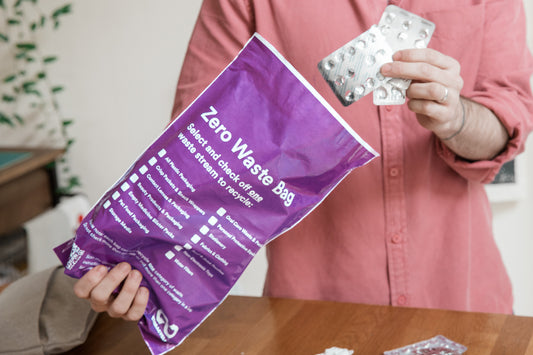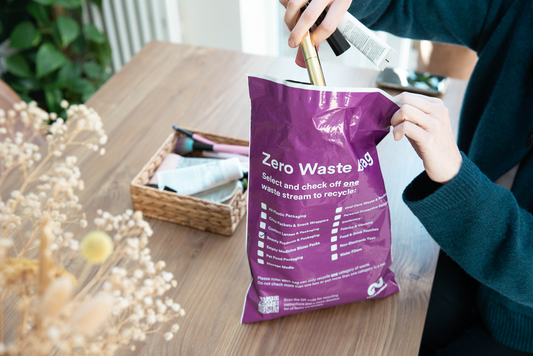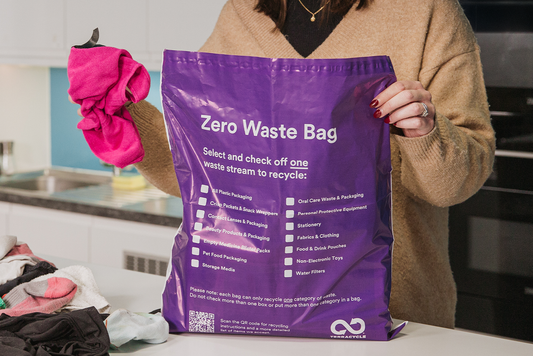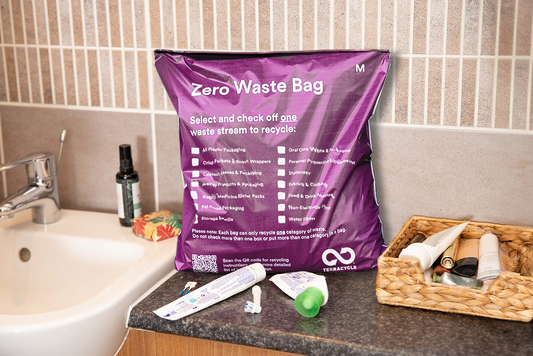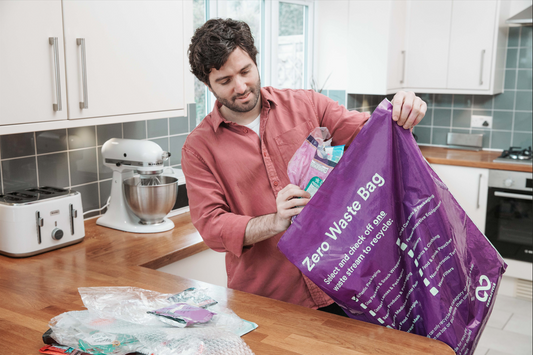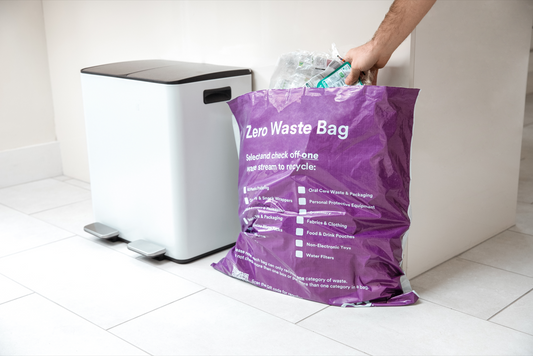
Collapsible content
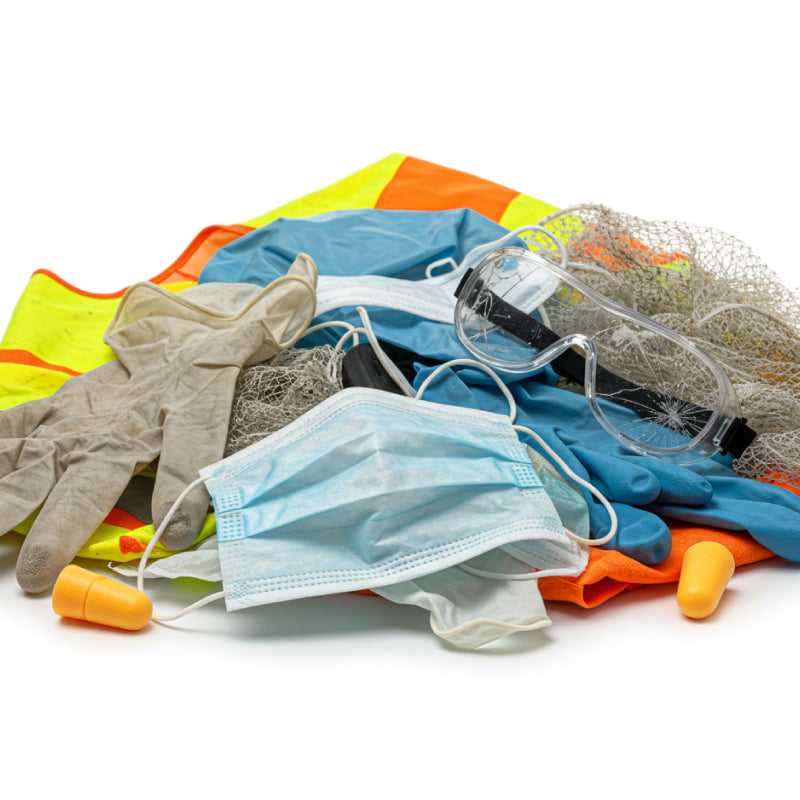
Accepted items
- Earplugs
- Beard nets
- Hair nets
- Disposable gloves
- Safety glasses
- Disposable garments
- Disposable shoe covers
- Disposable masks*
*We accept all types of disposable face masks made from plastic, such as dust masks, FFP2 (or so-called "N95"), FFP3 and surgical masks (as long as they don't come from a medical environment).
Non-Accepted items
- Medical waste. This includes material contaminated with blood, bodily fluids and waste which should be collected in a hazardous clinical waste bin
- Autoclaved material
- Fabric, homemade or paper face masks
- Wax earplugs
- Lateral flow test kits
- Hazardous waste (sharp, flammable, reactive, corrosive, ignitable, toxic, infectious or pathogenic) which presents a danger to the environment or to people
- Batteries, pressurised canisters, broken glass
How to return my bag
Log in to your account to request an InPost shipping QR code and drop off your bag at your nearest InPost Locker - if you're dropping off multiple bags, remember it's one bag per locker.
How we recycle
Each Zero Waste Bag is opened upon receipt and visually inspected for any non-compliant materials, then consolidated for processing in bulk.
Consolidated materials are size-reduced through shredding and cleaned in temperature-regulated water baths with agitation and surfactants to remove residual product or other contaminants. Clean plastics are mixed with other plastics to make recycled plastic blends that are then used by various manufacturers to make new products.
Click bellow to find out more about our recycling process.
Start recycling smarter 💜
With Zero Waste Bag, you’re not only cleaning up your home, you're also making a real impact on the planet. Subscribe to our newsletter to enjoy 10% off your first order.
Shop the bags
-
Zero Waste Bag - Small
Regular price £27.00Regular priceUnit price / per -
Zero Waste Bag - Medium
Regular price £38.00Regular priceUnit price / per -
Zero Waste Bag - Large
Regular price £49.00Regular priceUnit price / per
